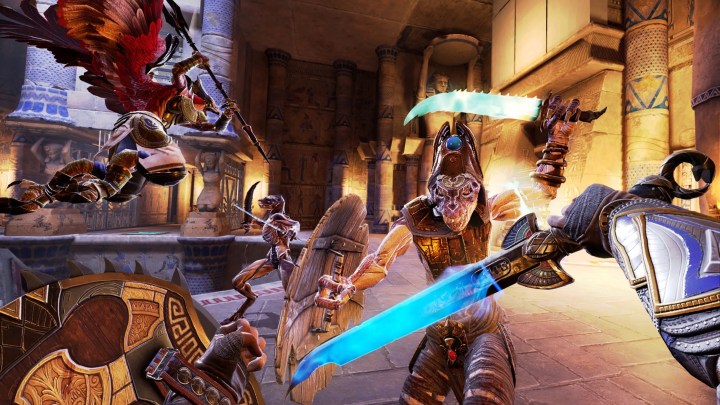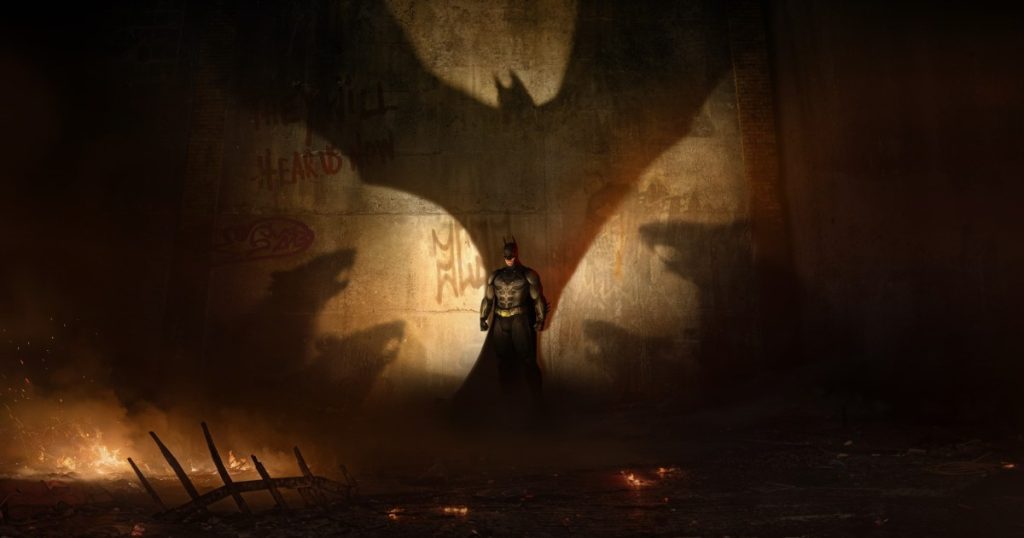Gamers were surprised on Wednesday, May 1, as Game Awards creator Geoff Keighley announced on X that Rocksteady’s iconic Batman: Arkham series was coming back with Batman: Arkham Shadow. The game is set to launch later this year, with more details to be revealed in June during Summer Game Fest. However, the excitement turned sour when it was revealed that Batman: Arkham Shadow would be a Meta Quest 3 exclusive.
Many players expressed disappointment at the VR exclusivity of the game, with some voicing their concerns on social media. Despite the criticisms, the potential of Batman: Arkham Shadow in VR is worth acknowledging, especially for those who have been following the VR industry closely in recent years.
Embracing VR
While the exclusive nature of Batman: Arkham Shadow may disappoint some fans, the game’s development by Camouflaj, a VR studio acquired by Meta, raises excitement for what they can bring to the table. Camouflaj’s previous work on Iron Man VR showcased innovative VR gameplay mechanics, which could be a game-changer for Batman: Arkham Shadow.

The control scheme in Iron Man VR showcased the potential for immersive VR experiences, giving players a taste of interactive superhero gameplay. If Camouflaj can bring the same level of innovation to Batman: Arkham Shadow, players can expect a unique and engaging VR experience within the Gotham universe.
Despite some reservations about VR gaming, the industry has made significant strides in delivering high-quality, full-fledged games like Horizon Call of the Mountain and Assassin’s Creed Nexus VR. Batman: Arkham Shadow has the potential to be a substantial gaming experience, challenging outdated perceptions of VR gaming.

Batman: Arkham Shadow has the potential to offer a substantial and immersive VR experience, pushing the boundaries of what VR gaming can deliver. Rather than dismissing VR games based on outdated perceptions, it’s important to acknowledge the evolution of the medium and embrace innovative experiences like Arkham Shadow.


